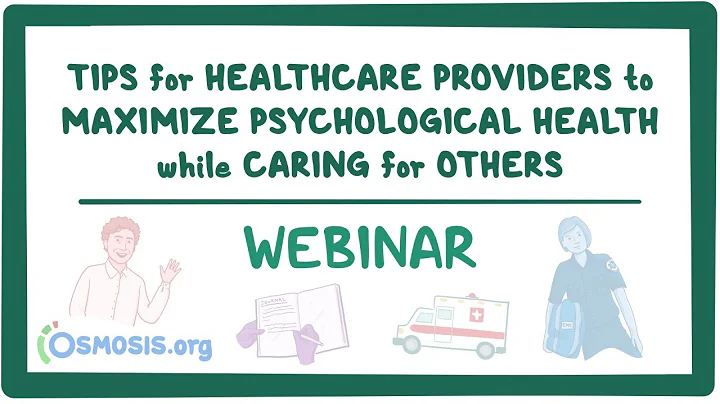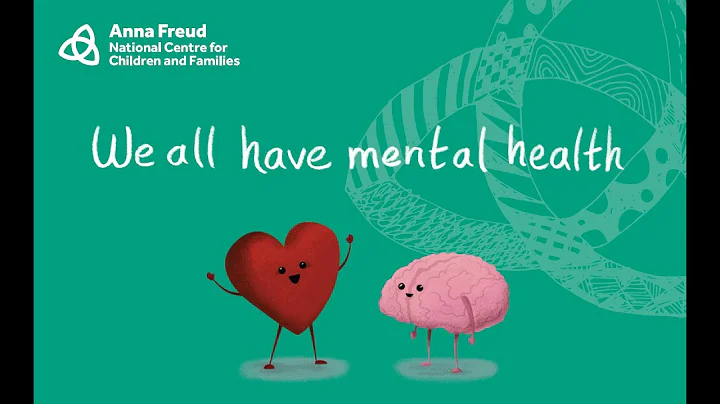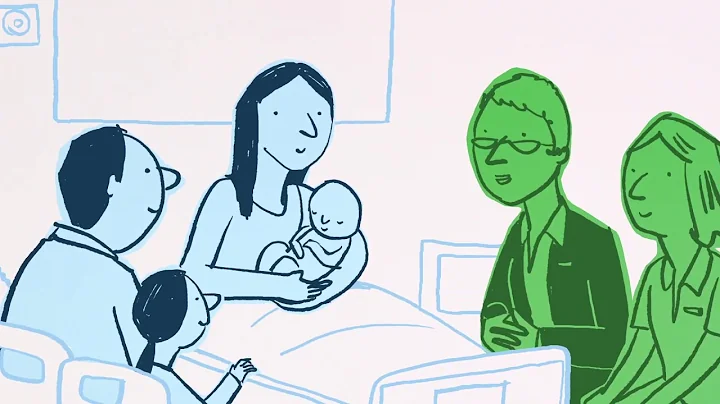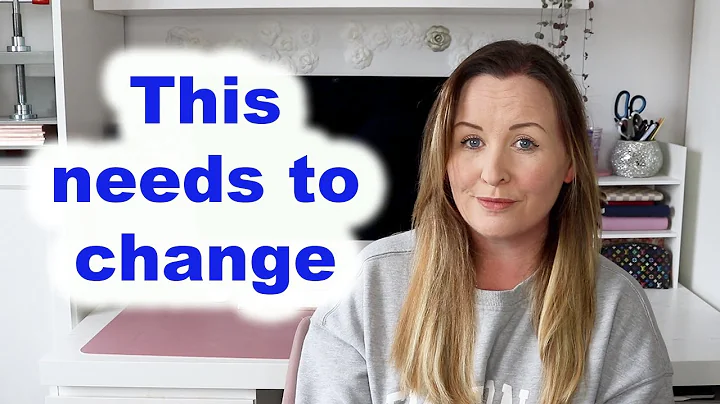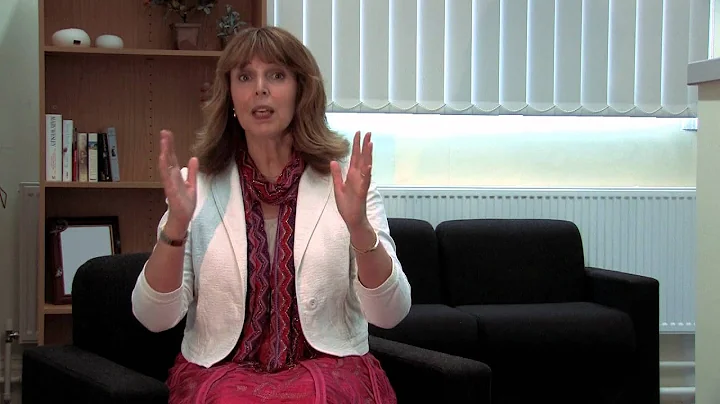Xuzhou Mental Health Service Station: If you feel anxious or overwhelmed, or you think you need help, your obstetrician, midwife, maternal and infant care nurse and psychiatrist can provide you with advice on treatment, support and services.
Sometimes it's a relief to tell someone how you feel. They may suggest strategies to help you manage your feelings and worries. Your GP may recommend that you see a psychiatrist or that you take medication for a period of time. Some medications are safe to use during pregnancy and breastfeeding.

Postpartum depression
After giving birth, as many as 80% of women may experience "baby depression" between the third and tenth day after delivery. This feeling will disappear in a day or two, and it cannot be called "postpartum depression (PND)". However, approximately one in seven to one in 10 mothers will develop postpartum depression.
PND is a form of depression that appears within 12 months of childbirth, usually in the first weeks or months. It can start slowly or suddenly, and can range from very mild and brief to severe and lingering. For most women, it passes quickly, but others require professional help.
PND is most common in women after their first pregnancy. Some women experience depression during pregnancy (this is called prenatal depression). Prenatal depression and postpartum depression are collectively referred to as perinatal depression.

Symptoms of prenatal and postpartum depression depend on the severity of the depression, but may include low self-esteem, feelings of inadequacy and guilt, tearfulness, difficulty sleeping, and panic attacks. A partner may also suffer from depression around the time of the child's birth.
Partners, family and friends can all play an important role in a woman's recovery from PND. Having a baby and PND can put a lot of stress on relationships. A woman with postpartum depression may withdraw from everyone, including her children and partner. The support of her family, especially her partner, was crucial in helping her recover.
The range of symptoms experienced with postpartum depression depends on the severity of the depression and may include:
1. Low self-esteem and lack of confidence
2. Feelings of inadequacy and guilt
3. Negative thoughts

4. Feeling that life has no meaning
5. Feelings of not knowing Overwhelmed
6. Tears and irritability
7. Trouble sleeping or changes in sleep patterns
8. Low libido
9. Anxiety, panic attacks, or heart palpitations
10. Loss of appetite
11. Difficulty concentrating or remembering things.




